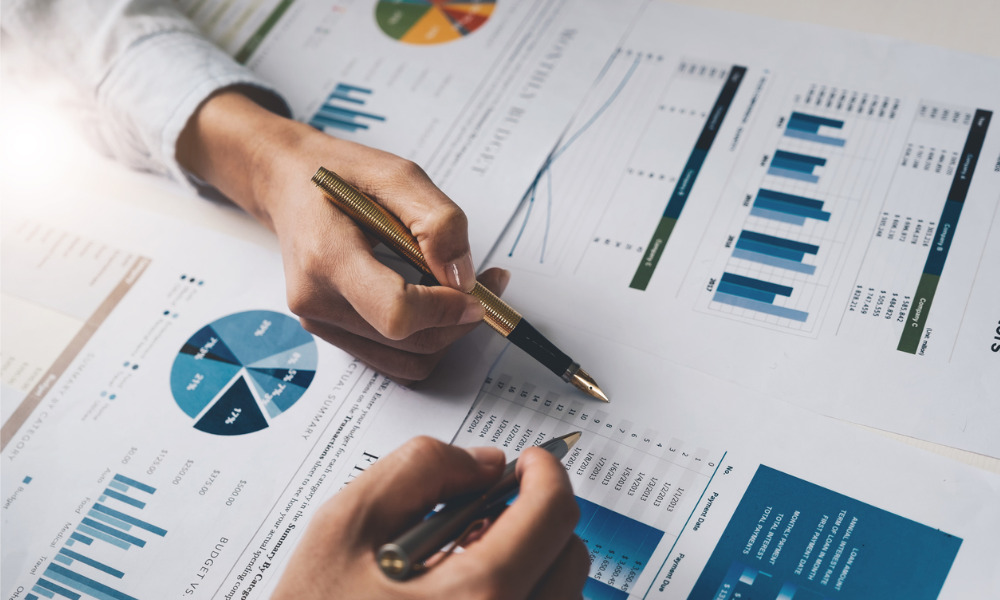Shareholders and firms that consider the payouts sacred overlook harmful consequences, argues finance professor

After a lacklustre second quarter marred by reductions in earnings and increased provisions for loan losses, Canada’s big banks are faced with a critical question: is it time to cut dividends?
They’d be loath to do that, as the ability to consistently pay dividends has been their main draw among Canadians seeking liquidity. The thirst for such payouts appears especially severe against the backdrop of the coronavirus, with advocates urging authorities to leave the dividend-cutting decision to the banks.
But according to Dr. Alex Edmans, professor of finance at London Business School, investors and companies who hold such payments sacrosanct are forgetting a fundamental fact.
“Paying dividends doesn’t benefit investors, because a dividend of $1 simply reduces the stock price by $1,” Edmans wrote in a recent Wall Street Journal column.
While dividends do provide investors with cash on hand to fund their obligations, he noted that shareholders who need liquidity can just sell their shares. He further argued that stock buybacks are superior to dividends as a form of shareholder payout, since companies can decide whether or not to undertake buybacks from year to year.
“Once a company pays a dividend, it’s committed to continuing to do so going forward,” he said, noting that dividend payers who cut payouts are punished with plummeting stock prices.
An extreme fixation on preserving dividends have substantial consequences, according to Edmans. The pressure to maintain a certain level of payouts encourages short-sighted actions, he said, citing one survey wherein CFOs admitted they’d even cut profitable investments to maintain dividends. Another study suggests that shareholders who buy dividend-paying stocks when demand for them is high can see their returns reduced by two to four percentage points a year.
Another problem with dividend dependence is that it can foster passivity among investors. “[W]hen a company pays a dividend, it’s effectively making the sale decision on behalf of shareholders,” Edmans said, noting that payouts are generally made regardless of company performance. However, he argued, investors would be better off if they actually looked for and sold off stakes in weaker companies, in turn forcing CEOs into investing more for the future.
While selling shares for cash would necessarily generate small transaction costs, shareholders who want to remain fully invested in a dividend-paying company would have to reinvest their dividend and incur costs anyway, Edmans said.
The current crisis, he added, has opened an escape hatch for actors stuck in the dividend-paying dynamic. Companies that give justifiable explanations of other urgent cash needs can cut the dividend, and investors should not punish such companies by selling off their shares.
“If companies pay dividends in the future, they should stress that—like buybacks—it won’t be repeated unless it has cash left over after taking all of its profitable investments,” Edmans said.



